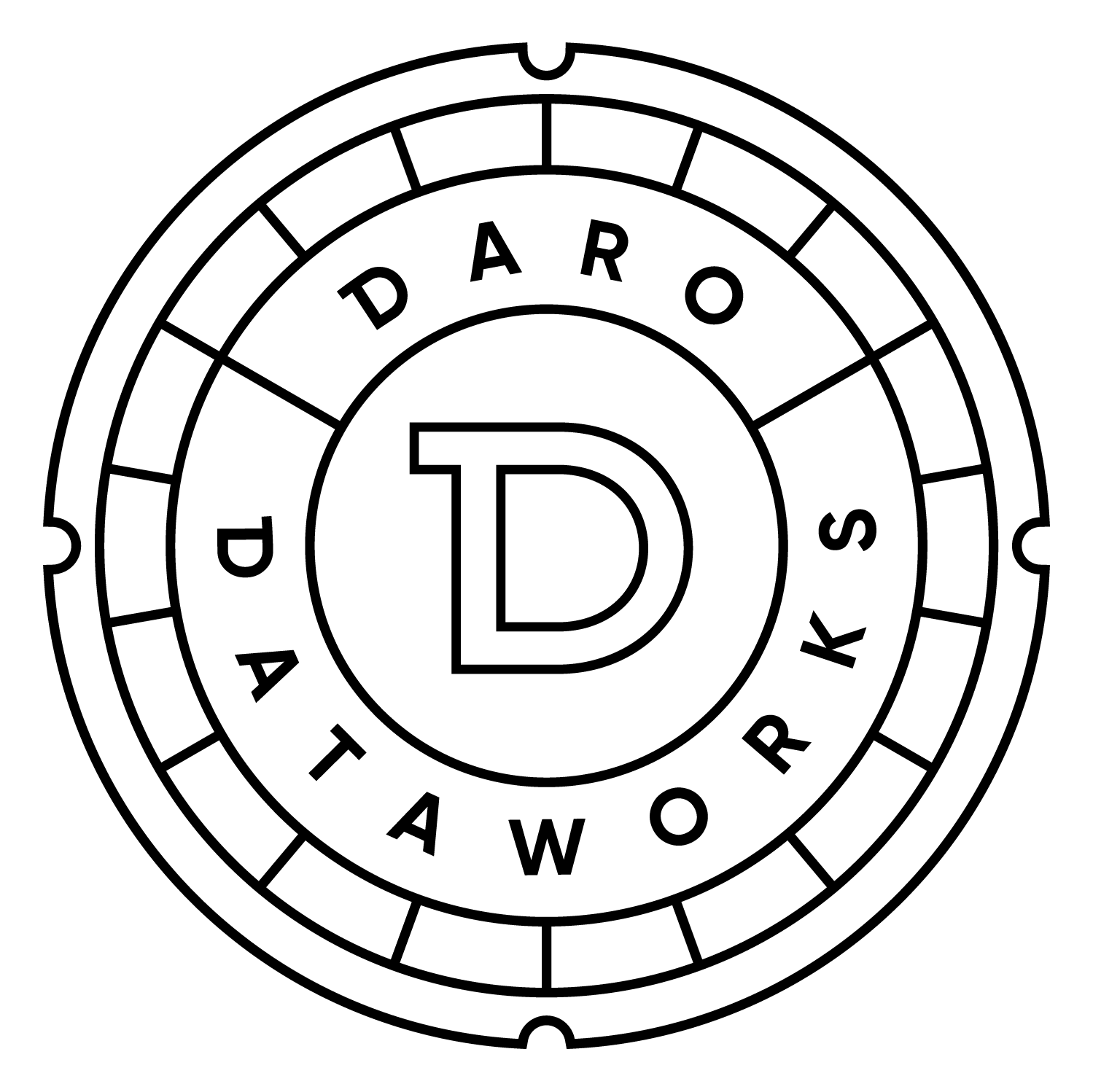Addressing Decentralized Data in Government
Photo by FRANCK on Unsplash
By Tami Piovesan, at Ajah
We’ve been following the US National Secure Data Service Act introduced to Congress, and the momentum around the use of new permanent identifiers by research funders. We think it has interesting implications in the world of evidence use.
What is the National Secure Data Service Act?
The National Security Data Service Act (NSDS) is a piece of legislation that strives to improve how the federal government manages its data infrastructure. Currently the US federal government’s data infrastructure is largely decentralized - individual agencies and programs collect data independently, and are not required to share data (or re-use already collected data from other departments). As a result, the American public and businesses repeatedly report similar information across government. The NSDS would establish a system that requires government-wide data linkage and access to infrastructure for statistical activities.
So really, what is the National Secure Data Act?
The NSDS Act would address a major gap in the US government's data infrastructure by establishing a system for sharing, combining, and using data while maintaining privacy safeguards. If or when this legislation is approved, the NSDS would set up a secure infrastructure where government and non-goverment researchers could 1) submit proposed projects for approval; 2) link and access data for research and analysis; and 3) have project results privacy-protected before being prepared for publication.
Why are we paying attention?
We’ve been following the entire Commision for Evidence-Based Policy-making and its related developments. Beyond any improvements to the existing approach to evidence development, we think that the Evidence Act could present new opportunities for the nonprofit sector to be a partner in evidence creation, not just evidence use.
Is grant identifying a thing?
Over the past year academic funders have begun using the new capabilities of Crossref to assign unique IDs to individual grants. By registering grants, academic funders are able to track outputs connected to the research they support more easily and accurately.
While registering a grant, funders give Crossref information regarding each grant and their unique DOI, which identifies their record - similar to the Dewey Decimal system in a library. By attaching a DOI to grants, Crossref facilitates finding publications and research that have resulted from grant funding, allowing for an overall better understanding of research impact. If you would like to learn more about how DOIs could change how we look at grants, check out the Whys and Hows of DOIs for Grants.
Why this matters
We’ve been thinking about using similar identifier approaches to the nonprofit sector’s activities for a long time. By leveraging the tools and data infrastructure used for scholarly publishing and communication, the nonprofit sector could make their data and research more accessible. To learn more about information infrastructure and the opportunities it presents, check out our paper Knowledge Sharing Infrastructure for the Nonprofit Sector.

